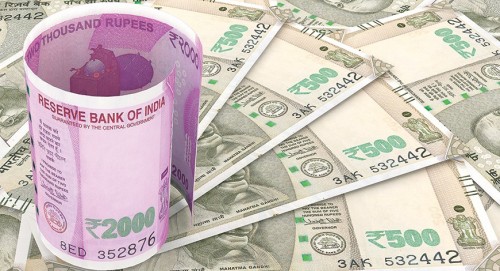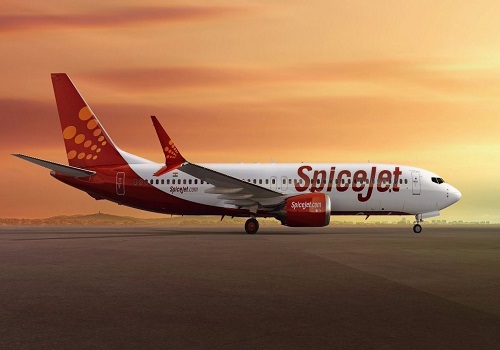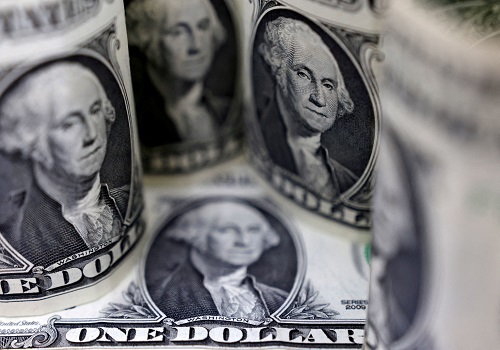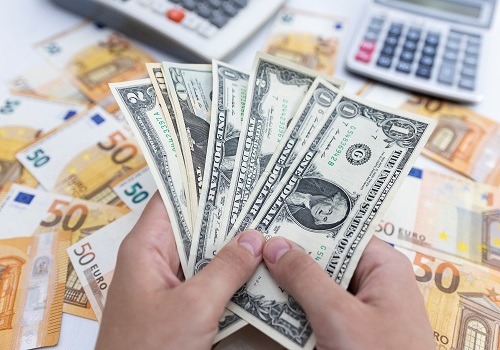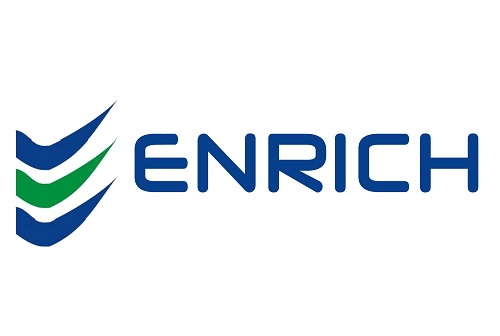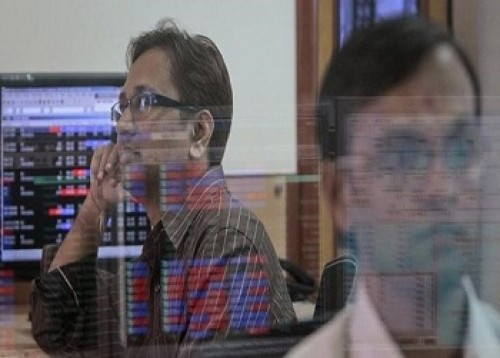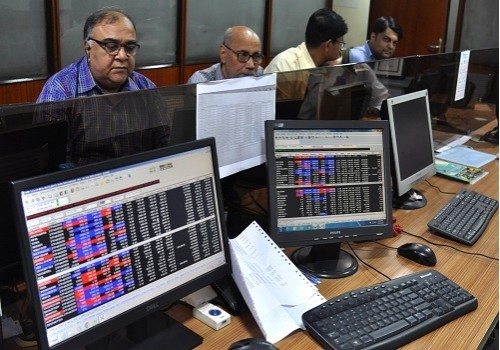Key gauges pare intra-day gains to settle marginally lower

Follow us Now on Telegram ! Get daily 10 - 12 important updates on Business, Finance and Investment. Join our Telegram Channel
Indian equity benchmarks gave up intra-day gains to close marginally lower on Tuesday on emergence of fag-end selling in IT, TECK and Banking stocks and weak opening in European stock markets. Domestic markets had started strong by extending yesterday’s gains, as traders got encouragement with Crisil Ratings’ report that non-Banking Financial Company-Microfinance Institutions (NBFC-MFIs) are likely to see revival in their profitability in the current fiscal, helped by the flexibility to set lending rates under the new regulatory framework for MFIs and lower credit cost. Some support also came with report that India's macroeconomic fundamentals are strong to deal with global challenges and the central government is committed to sticking to the fiscal deficit target of 6.4 per cent of the GDP for the current fiscal.
Key gauges extended gains in afternoon deals, as India's dominant services industry expanded at the fastest pace in over eleven years in June amid strong demand but stubborn inflation remains a concern as prices charged rose at the sharpest rate in almost five years. The S&P Global India Services Purchasing Managers' Index rose to 59.2 in June from 58.9 in May, its highest since April 2011. However, benchmark indices made a U-turn in the final hour to end in red as concerns about steep hikes in COVID-era interest rates and their impact on global growth kept investors cautious globally. Some concern also came as the preliminary data released by the commerce ministry showing that India’s merchandise trade deficit surged to a new high of $25.6 billion in June amid slowing demand for Indian exports and rising imports of gold, coal and crude oil. Exports grew 16.8 per cent year-on-year to $38 billion in June while imports jumped 51 per cent to $63.6 billion.
On the global front, European markets were trading lower after a survey showed business growth across the euro zone slowed further last month, partly due to inflationary pressures. Signs of a flare-up in COVID-19 cases in China also added to global growth worries and offset signs of an easing in U.S.-Sino tensions. Asian markets settled mostly higher on Tuesday after reports emerged that the United States may decide to cut some tariffs on Chinese imports in an effort to tame record-high inflation. Meanwhile, China's services activity jumped to the highest level in nearly a year in June and Japan's services activity expanded at the fastest pace since October 2013, briefly easing concerns about slowing global growth.
Back home, auto industry stocks were in focus, after passenger vehicle retail sales in the country rose 40 per cent in June indicating an improvement in semiconductor supplies even as demand, especially for SUVs, remained robust. According to the Federation of Automobile Dealers Associations (FADA), passenger vehicle (PV) registrations rose to 2,60,683 units last month, as compared to 1,85,998 units in June 2021, registering an increase of 40 per cent. Hotel industry stocks were in focus with a private report that as tourism has started in full swing in the nation, Indian hotels are on a growth path as Mumbai continue to be the market leader.
Finally, the BSE Sensex fell 100.42 points or 0.19% to 53,134.35 and the CNX Nifty was down by 24.50 points or 0.15% to 15,810.85.
The BSE Sensex touched high and low of 53,865.93 and 53,054.30, respectively. There were 11 stocks advancing against 19 stocks declining on the index.
The broader indices ended mixed; the BSE Mid cap index fell 0.35%, while Small cap index was up by 0.20%.
The top gaining sectoral indices on the BSE were Power up by 0.64%, Utilities up by 0.59%, Metal up by 0.47%, Healthcare up by 0.23% and Energy up by 0.16%, while IT down by 0.59%, TECK down by 0.57%, Bankex down by 0.37%, Auto down by 0.32% and Realty down by 0.29% were the top losing indices on BSE.
The top gainers on the Sensex were Power Grid Corporation up by 1.54%, Bajaj Finserv up by 1.34%, Hindustan Unilever up by 0.92%, Sun Pharma up by 0.90% and Reliance Industries up by 0.80%. On the flip side, ITC down by 1.73%, Wipro down by 1.58%, Mahindra & Mahindra down by 1.20%, Larsen & Toubro down by 1.12% and Maruti Suzuki down by 1.10% were the top losers.
Meanwhile, Revenue Secretary Tarun Bajaj has said that the rate rationalisation exercise of the GST Council is a result of introspection of GST, and policymakers do not have a ‘fetish’ to raise the tax rates to the revenue-neutral level of 15.5 per cent. He said the government intends to continue with the top GST slab of 28 per cent for luxury and sin goods. But, he said the government is open to discussing narrowing down the three slabs of 5, 12 and 18 per cent into two. On the industry demand for bringing petroleum products under GST net, he said since fuel constitutes a larger part of their revenues, both the Centre and states have some apprehension.
Bajaj said ‘we will have to wait for some time. Of the 5, 12, 18 and 28 per cent, we would have to continue with 28 per cent because in a developing economy, in an economy with so much of income disparity, there would be some luxury and sin items that would and should attract a higher rate of taxation. But, whether on 5, 12 and 18 (per cent), we can bring down to 2 rates to start with and then see how the country grows and whether there is a capacity to bring it to one rate or not is something to be seen. It is a very difficult challenge.’
Under the GST, a four-rate structure that exempts or imposes a low rate of tax of 5 per cent on essential items and a top rate of 28 per cent on cars is levied. The other slabs of tax are 12 and 18 per cent. Besides, there is a special 3 per cent rate for gold, jewellery and precious stones and 1.5 per cent on cut and polished diamonds. Also, a cess is levied on the highest tax slab of 28 per cent on luxury, sin and demerit goods. The collection from the cess goes to a separate corpus -- Compensation fund -- which is used to make up for revenue loss suffered by the state due to the GST rollout.
The CNX Nifty traded in a range of 16,025.75 and 15,785.45. There were 22 stocks advancing against 26 stocks declining, while 2 stocks remain unchanged on the index.
The top gainers on Nifty were Shree Cement up by 1.72%, Power Grid Corporation up by 1.42%, Bajaj Finserv up by 1.24%, Hindustan Unilever up by 1.13% and Apollo Hospital up by 1.11%. On the flip side, ITC down by 1.76%, HDFC Life Insurance down by 1.81%, Wipro down by 1.45%, Maruti Suzuki down by 1.23% and Britannia Industries down by 1.09% were the top losers.
European markets were trading lower; UK’s FTSE 100 decreased 60.44 points or 0.84% to 7,172.21, France’s CAC decreased 63.31 points or 1.06% to 5,891.34 and Germany’s DAX decreased 113.95 points or 0.89% to 12,659.43.
Asian markets settled mostly higher on Tuesday after reports that the United States may decide to cut some tariffs on Chinese imports in an effort to tame record-high inflation. Market sentiments improved further after report that China's services activity jumped to 54.5 -- the highest level in nearly a year in June against expected figure of 49.7, while Japan's services activity expanded at the fastest pace in over 8 years in June, that eased concerns about slowing global growth. Japanese shares gained sharply by tracking declines in US yields. However, Chinese shares declined as flare-up in Covid-19 cases rekindled fears of further lockdowns in the world’s second-largest economy.
Above views are of the author and not of the website kindly read disclaimer
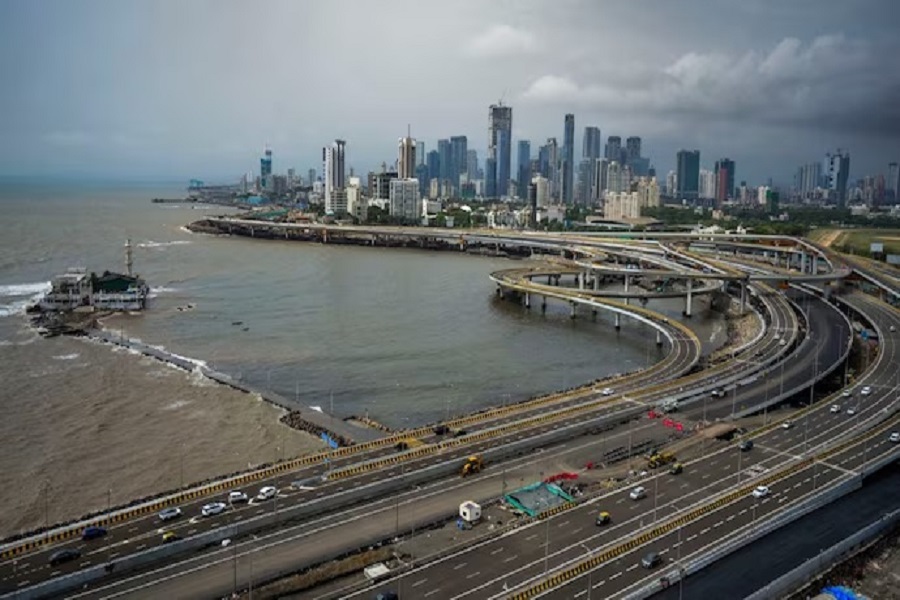

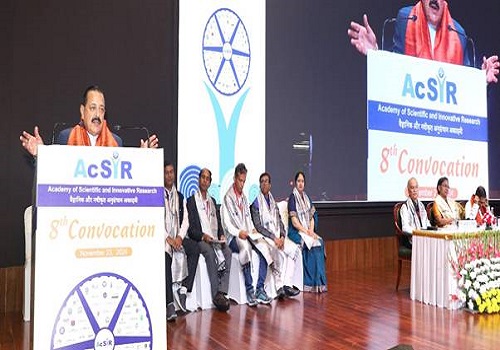



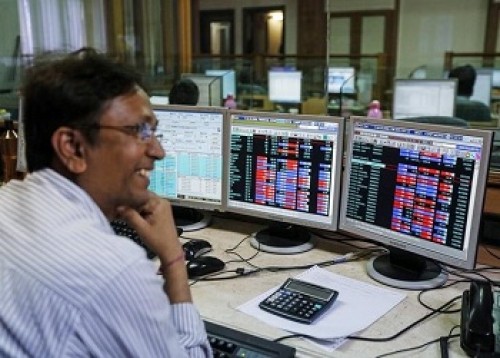

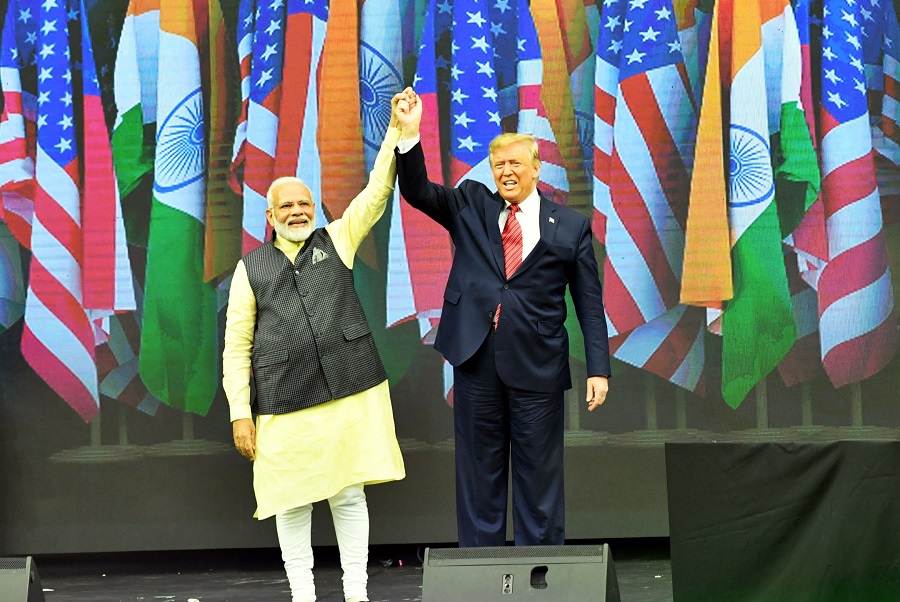

Tag News

Weekly Market Analysis : Markets strengthened recovery and gained nearly 2% in the passing w...






